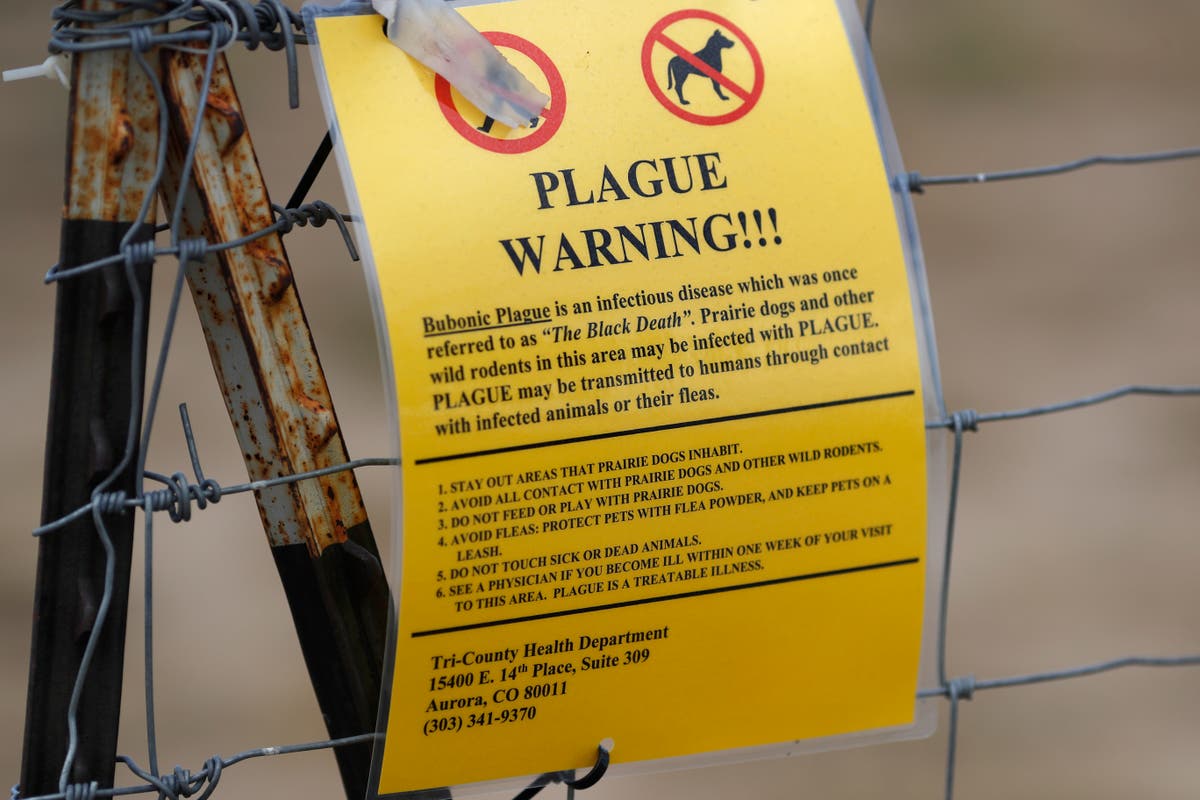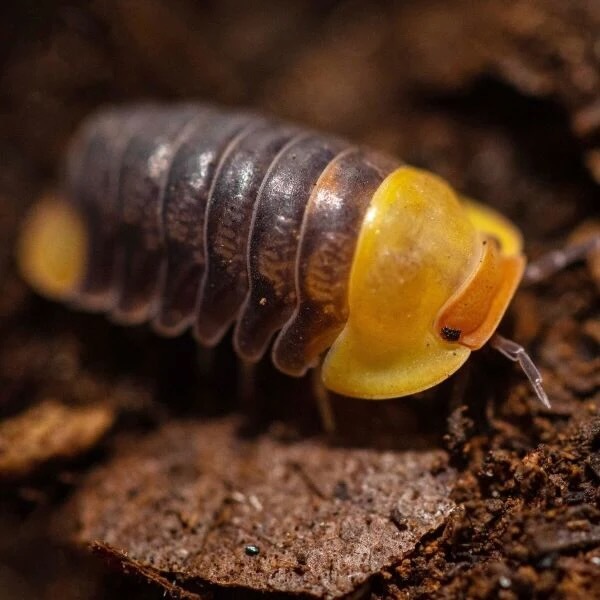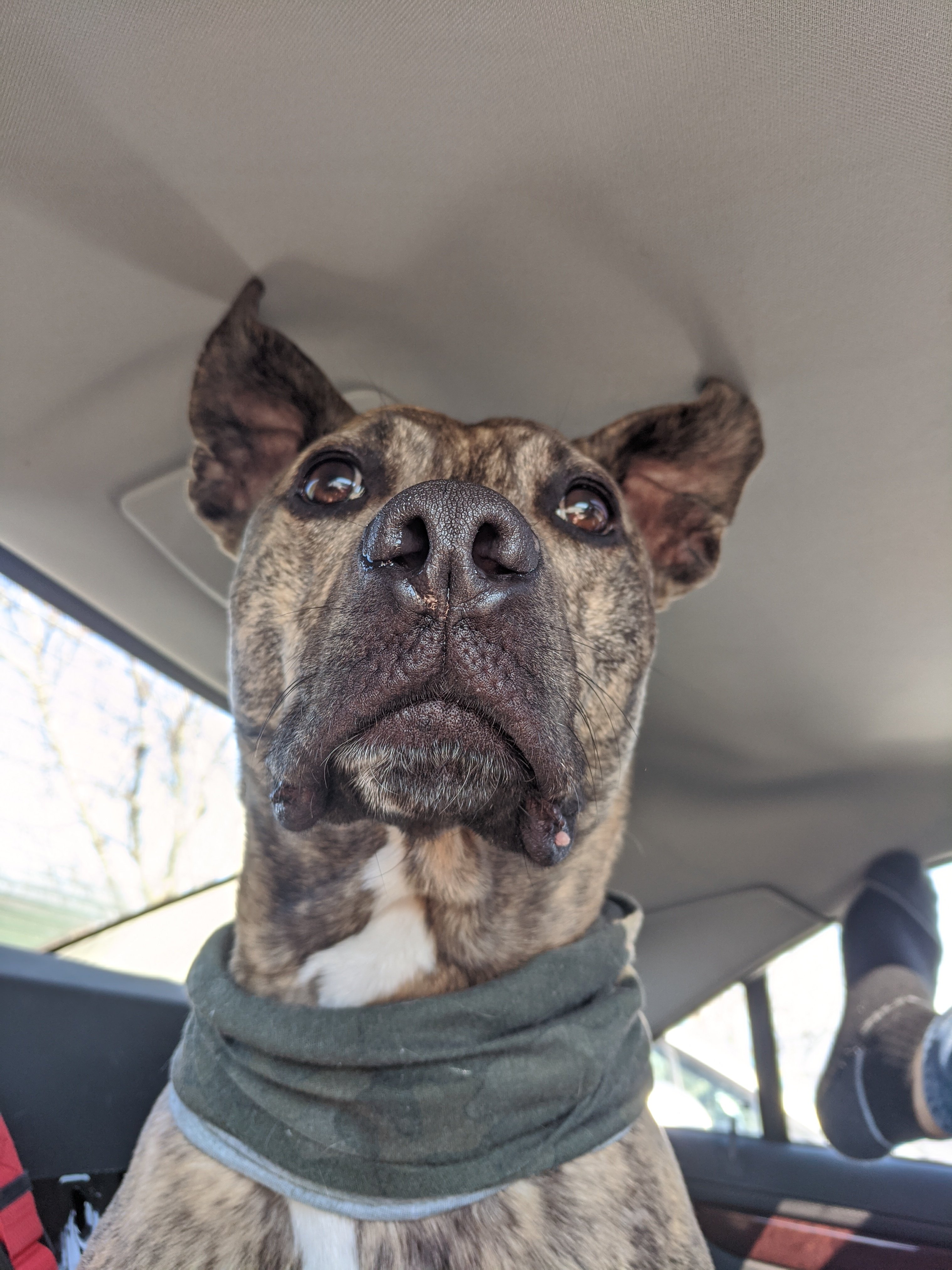Public health officials in Colorado have confirmed that a human has tested positive for the plague, a rare but potentially deadly infectious disease that’s typically spread through flea bites.
The infected individual is from Pueblo County, according to the Pueblo Department of Public Health and Environment.
While the plague conjures nightmares of flea-infested rats and dreary medieval villages filled with the dead and dying, in the modern day things aren’t so grim.
Of all the things I had on my 2024 bingo card, the literal plague was not one of them.
As the article says, there are typically a few cases a year in the US. It’s actually endemic in the wild. No need to panic just from a case or two popping up.
Must be confirmation bias, then. It’s usually not in the news all that much. Like, I knew it wasn’t unheard of, just thought it was more rare than a few cases a year (was thinking more like a few per decade).
It pops up in the news more than you think. Especially if they feel it’s a slow enough news day.
Bubonic plague is really not a disease to be concerned about in 2024 compared to thinks like influenza, which we’re doing very little about and which is far more likely to become an untreatable pandemic.
Bubonic plague is really not a disease to be concerned about in 2024
https://my.clevelandclinic.org/health/diseases/17782-plague
Bubonic plague is the most common form of plague. It’s also the most survivable. With quick antibiotic treatment, you have about a 95% chance of recovering from bubonic plague.
https://en.wikipedia.org/wiki/Antibiotic
However, the effectiveness and easy access to antibiotics have also led to their overuse[12] and some bacteria have evolved resistance to them.[1][13][14][15] The World Health Organization has classified antimicrobial resistance as a widespread “serious threat [that] is no longer a prediction for the future, it is happening right now in every region of the world and has the potential to affect anyone, of any age, in any country”.[16] Global deaths attributable to antimicrobial resistance numbered 1.27 million in 2019.[17]
We could yet wind up with things the way they were!
And the more we encroach on the wild, the more chance we have of catching things that used to stay in the wild.
The note we get into the wild, the more the wild gets into us? How nietzchean, if so.
*looks nervously at bingo square that reads “rivers turn to blood”*
Me looking at that link description

“The” plague? As in, the OG plague to end all plagues from the 1300s? Fuuuuuuuuuucccckkkk.
On second thought with the way society is running right now, the end times might be an improvement 🤷
deleted by creator
Yea, people here get the plague from rodents like prairie dogs “all” (uncommon but not unheard of) the time here (Northern AZ) and it’s just treated with antibiotics.
that’s the best news I’ve heard today cuz anribiotics work just fine.
Welp, crisis averted
lowers torches and pitchforks
Shit, someone gets the plague here every year, it’s even more common in New Mexico.
When I first moved to Colorado, I was definitely surprised the first time I saw something about bubonic plague in the headlines but I’ve lived here long enough that it’s just something that happens every year or so, it’s pretty much always isolated and most of the time the person recovers.
More people die hiking in this state than from plague and I don’t think that’s going to stop people from hiking anytime soon. Same with skiing and I’ll be on the slopes come winter.

My mom got this yeeeears ago. Nonprofits have terrible housing, and the SPCA is no different.
Had it 2 years before they figured it out as it was so rare. Got a shot. Fine in a week.
What kind of shot? .22? Birdshot?
…I’ll see myself out.
So… they finally identified Trump’s strain?
Wake me when a hemorrhagic fever crosses the Rockies.
Stop hugging the squirrels and forest critters to avoid the plague.
In that area, the prairie dog colonies are rife with the plague.
kagis
Huh.
Apparently we – at least in some places – actually try to treat wild prairie dog colonies for it, to help reduce spread. In 2019:
Bubonic plague may seem like a disease that’s been relegated to the history books, but that’s not the case. The disease that struck terror in people in the Middle Ages is alive and well in the modern world, and it’s most recently appeared in prairie dog towns in the suburbs of Denver.
Morgan Krakow at The Washington Post reports that in late July, the United States Fish and Wildlife Service shut down the 15,000-acre Rocky Mountain Arsenal National Wildlife Refuge north of the city when fleas infected with the plague bacterium Yersinia pestis were found in the refuge’s black-tailed prairie dog colonies. Last weekend, parts of the refuge reopened, but certain areas will remain closed through Labor Day. According to a press release from Colorado’s Tri-County Health Department, the Prairie Gateway Open Space in Commerce City is also closed to the public as well as First Creek at DEN Open Space, a nature preserve near Denver International Airport. So far, there are no reports of any humans contracting plague in the area.
“The prairie dog colonies are being monitored and burrows are being treated with insecticide, but there is still evidence of fleas in the hiking and camping areas, which could put people and pets at risk, so those areas will remain closed,” John M. Douglas, Jr., Executive Director of the Health Department, tells CNN’s Eric Levenson.
The Post’s Krakow reports that health department workers have been coating the prairie dog burrows with powdered insecticide. As the little mammals run into their burrows, they brush up against the powder, hopefully killing off the fleas and preventing the spread to other animals.
Yeah my wife is now terrified of our indoor cats now contracting the plague somehow. Super fun times.
Great, there’s a chance we’re going to get another black death because of anti-vaxxers
There’s a few cases of plague every year, we just treat it with antibiotics and go about our day
They’re anti-vaxxers
Just slap dewormer on the bottle and call it a day
All Deaths Matter
I spent an hour of my time today hopelessly sending likes, and thoughtful and mostly humourous messages to people on Hinge. The plague doesn’t sound as bad right now in comparison.














